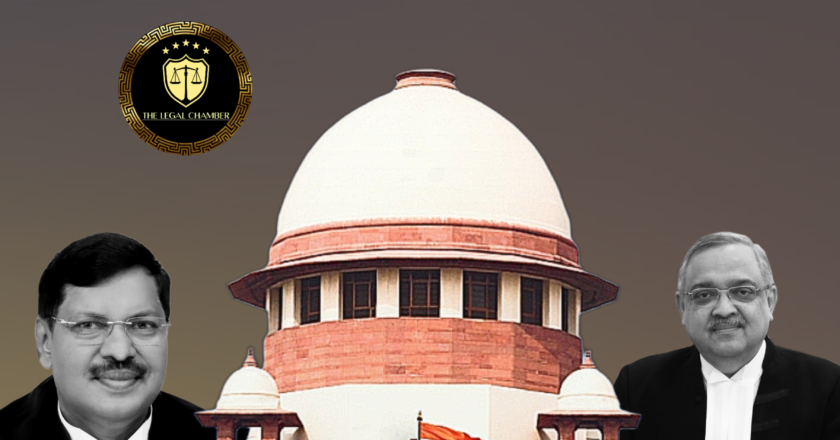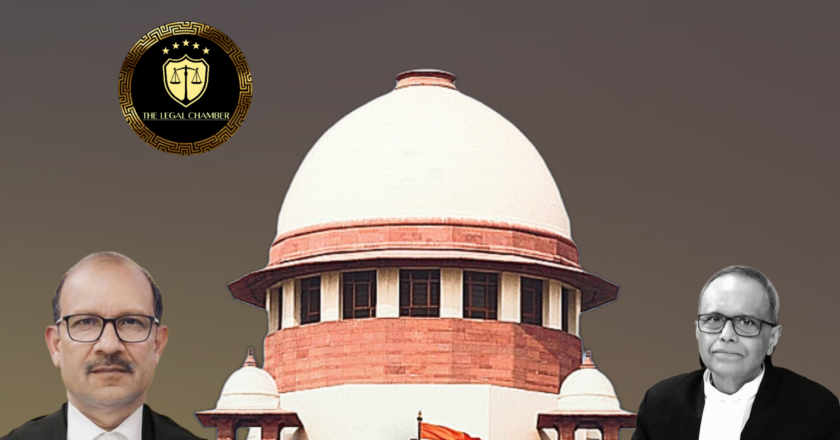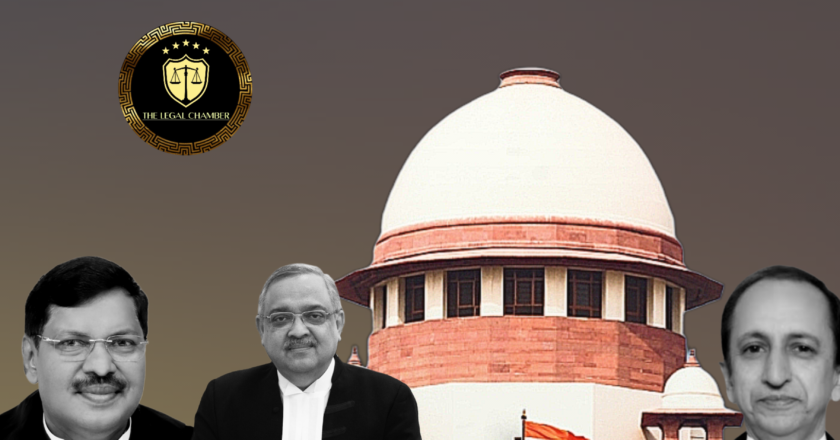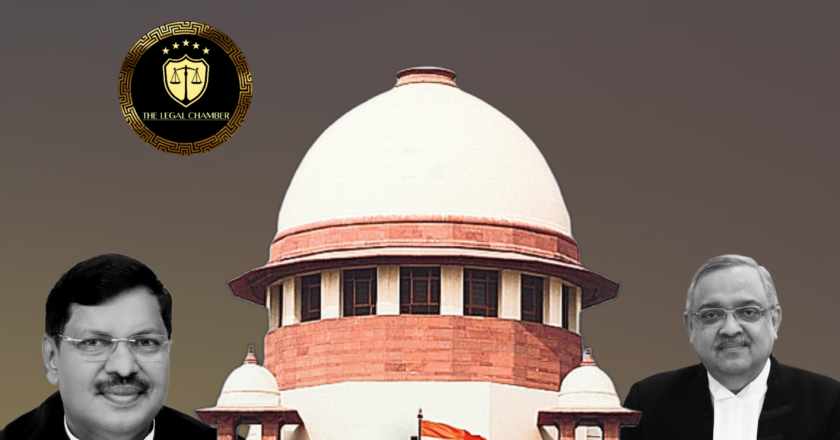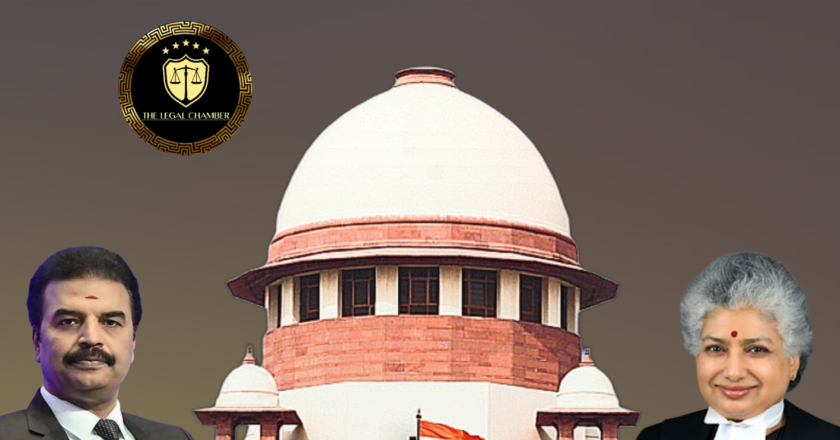The “Unlawful Assembly” Test: Supreme Court Explains When Mere Presence at a Crime Scene Isn’t Enough
This Supreme Court judgment clarifies that mere presence in a crowd does not automatically constitute membership in an unlawful assembly under Section 149 IPC. To establish constructive liability, the prosecution must prove, beyond reasonable doubt, that each accused shared the common object of the assembly, distinguishing active participants from passive bystanders. Conviction requires cogent and consistent evidence linking the individual to the assembly's objective.
Facts Of The Case:
On 20 November 1988, at around 8:00 AM, informant Jagdish Mahato (PW-20) and his brother Meghu Mahato went to inspect their settled agricultural land in Baharkhal, Bihar. They allegedly found a large mob of 400-500 persons from the neighboring village of Mahila, many armed with weapons like guns, spears, ...




